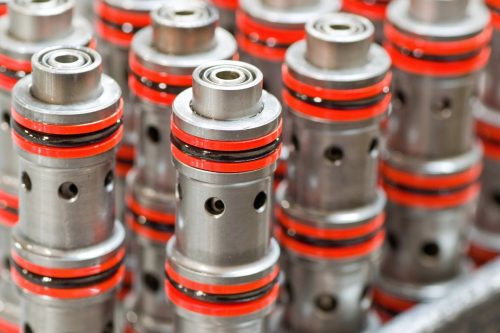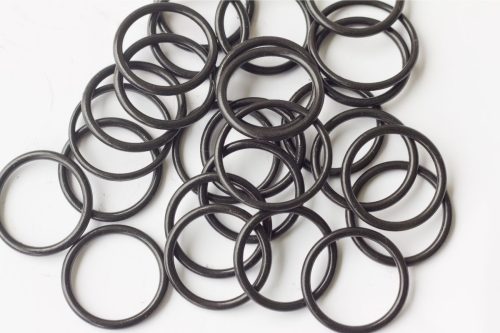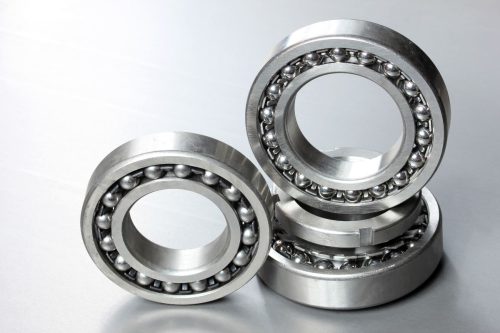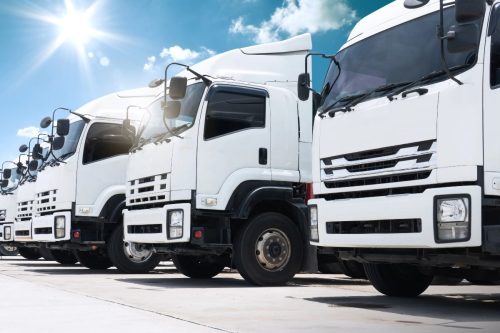
Can a wheel bearing cause vibration in heavy vehicles? Absolutely, and if you’re managing a fleet of trucks or industrial vehicles, it’s a problem you can’t afford to ignore. A worn, damaged, or failing wheel bearing can trigger serious vibration issues that affect not only comfort and drivability but also the safety and longevity of your vehicle.
Heavy vehicles endure immense forces from high loads, constant movement, and rough terrain. In this environment, even a minor fault in a wheel bearing can create ripple effects throughout the vehicle’s suspension, brake system, and steering components.
What are wheel bearings, and why are they critical?
Wheel bearings are hardened steel balls or rollers in a metal ring inside the wheel hub. Their role is to minimise friction caused by the wheel rotating around the axle shaft while supporting the vehicle’s full weight.
In industrial and heavy-duty settings, these bearings are under continual stress. Over time, wear and tear, excess wheel heat, and too much friction can lead to bearing failure. When that happens, components that once spun smoothly begin to vibrate, rattle, and grind, often at highway speed or when braking under load.
If you’re looking for bearings for your heavy vehicle, contact Statewide Bearings today. Being connected with 85% of bearing manufacturers worldwide, we can assist with your bearing issues.
Can a wheel bearing cause vibration?
If you’re asking, can a wheel bearing cause vibration? The answer is yes and not just minor vibrations either. In heavy vehicles, failing bearings often cause noticeable steering wheel vibration, especially when cornering, accelerating, or cruising at higher speeds.
This vibration comes from excessive play in the wheel assembly. A bearing that’s no longer holding the wheel snugly in place creates unnecessary friction and irregular movement, causing the vehicle to shake sometimes enough for the whole car to vibrate.
You might also notice:
- Uneven vehicle tyre wear
- Increased rolling resistance
- Poor fuel efficiency
- Greater strain on the drivetrain hardware
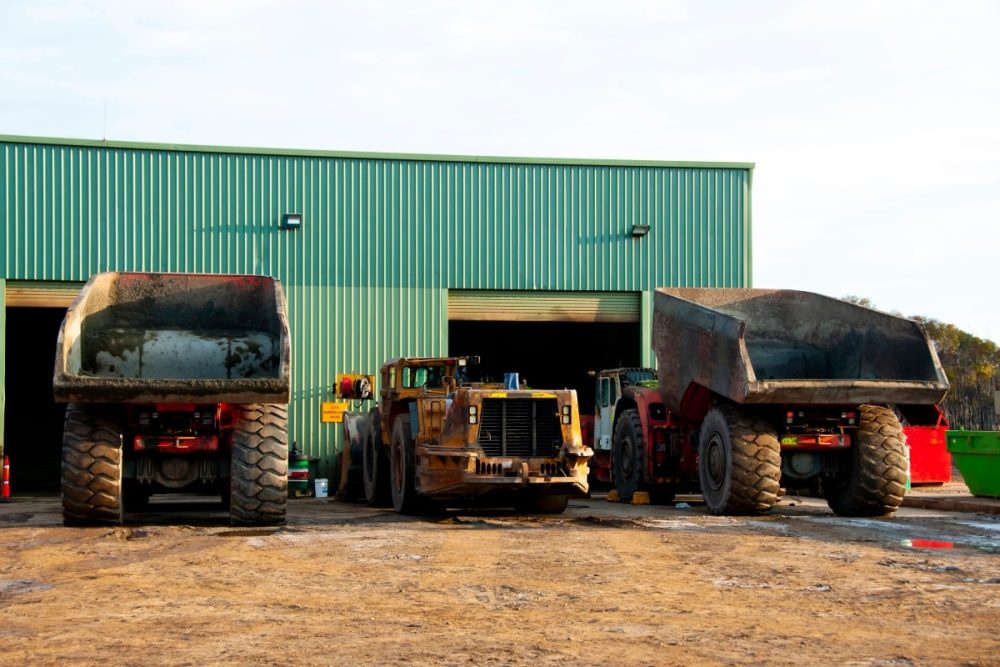
Can bad wheel bearings cause vibration in trucks?
“Can bad wheel bearings cause vibration” is another way of asking whether worn bearings can affect the handling and performance of a heavy vehicle. And in the case of heavy vehicles, the stakes are even higher.
When wheel bearings begin to break down, they can affect:
- Brake discs (through warping or uneven contact)
- CV joint boots and suspension components
- Tie rods and axle alignment
- Even the structural integrity of alloy wheels
Vibration caused by worn wheel bearings reduces ride quality and can create stress fractures, damage the wheel hub, and lead to catastrophic failure if left unaddressed.
Can a bad wheel bearing cause a knocking noise?
One of the most common early warning signs is noise, especially a knocking, grinding, or rhythmic noise that intensifies with speed or changes with turning direction.
So, can a bad wheel bearing cause a knocking noise? Yes. That knocking is often caused by metal shavings or worn-out surfaces inside the bearing. If you hear strange noises from one side of the vehicle or near the rear wheel bearings, it’s likely time to investigate.
In severe cases, the wheel may become exceptionally hot after driving and could even completely seize, leading to dangerous driving conditions.
Signs of a failing wheel bearing in heavy vehicles
Because heavy trucks and machinery operate under intense strain, wheel bearings tend to show signs of failure earlier and more severely than personal vehicles. Look out for:
- Steering wheel vibration at speed
- Uneven tread wear or premature tyre issues
- One wheel is running a bit warm or extremely hot
- Strange noises like grinding or humming
- Blown shocks or worn suspension components
- Loss of stability, especially when cornering
- Wobble or play in the wheel when lifted
Routine inspections should also include checking for excessive wear, the tyres’ wear pattern, and any signs of damaged CV joints. Tyre safety is critical to working safely.
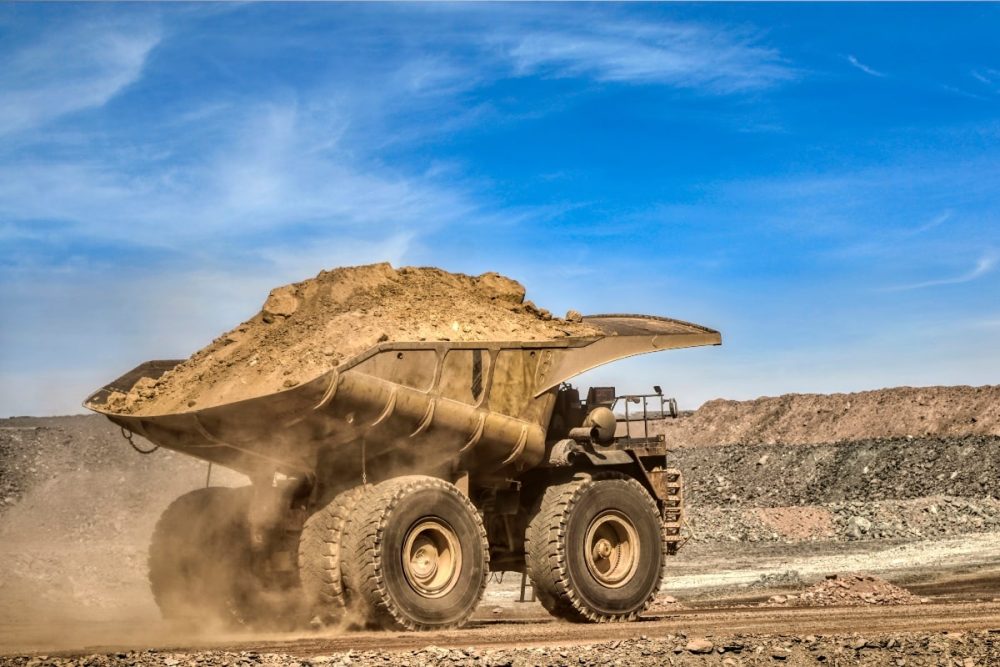
Can a wheel bearing cause vibration even after replacement?
If you’re wondering, can a wheel bearing cause vibration even after repair? It depends on whether the installation was done correctly and if any secondary damage exists.
Sometimes, vibration continues due to:
- Improperly balanced wheels
- Misaligned axles or the vehicle’s tyre wear
- Incorrectly inflated tyres
- Previously damaged suspension parts
When wheel bearings are replaced, ensure the mechanic inspects other related systems to avoid continued vibration issues.
Do front or rear wheel bearings fail more often?
In most heavy vehicles, front wheel bearings are more likely to fail first due to the additional load from steering, braking, and turning forces. That said, rear wheel bearings aren’t immune, especially if the vehicle carries heavy rear loads or tows equipment.
Both ends of the vehicle should be inspected regularly. A replaced wheel bearing on the front should be matched with a rear inspection to ensure no wear grooves or stress fractures develop in the back.
Preventing bearing failure: Maintenance tips for heavy vehicles
Here are some maintenance tips on how to stay ahead of bearing-related vibration issues:
- Inspect wheel bearings during every service interval
- Use only OEM-quality bearings suitable for heavy loads
- Ensure proper torque on wheel hub assemblies
- Grease or lubricate per manufacturer’s vehicle standards
- Avoid overloading or operating at incorrect tyre pressures
- Check for sudden thermal shock after long hauls
- Address any vibration immediately, even if minor
Minor issues can escalate quickly in industrial applications. When a bearing begins to fail, it may seem like the only automotive issue at first, but neglecting it can cause other critical parts to suffer and cost far more to repair later.
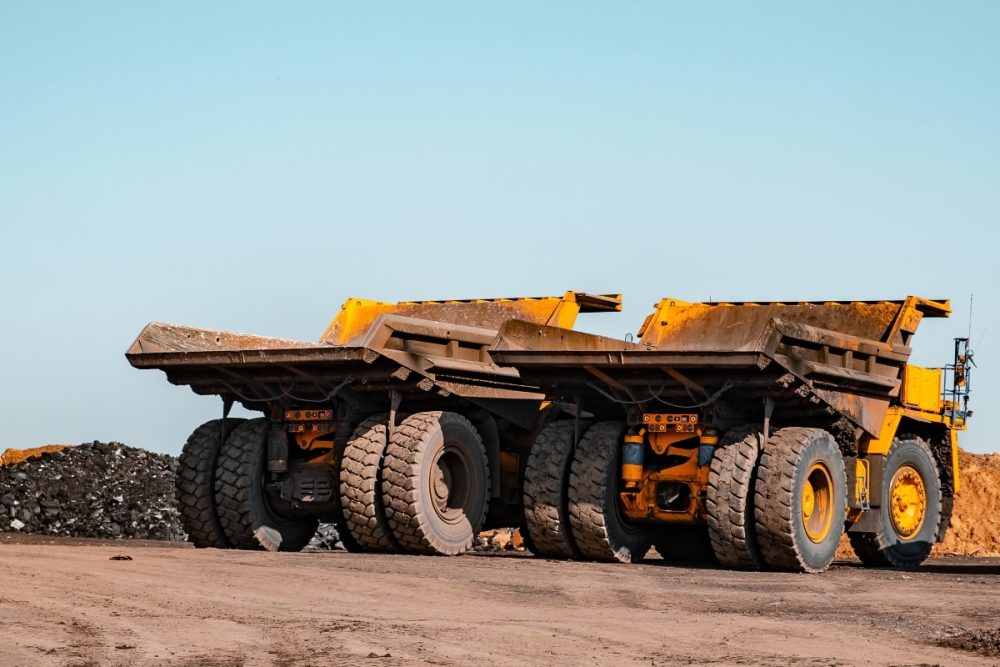
Wheel bearings for your heavy vehicles
Vibration isn’t just uncomfortable. It’s a warning sign that your vehicle may be dealing with more than just a rough patch of road. If left unchecked, it could be safety-critical.
If your heavy vehicle is showing symptoms like knocking, shaking, or excessive play, don’t wait. Get your bearings checked by Statewide Bearings before they become a much bigger problem.

